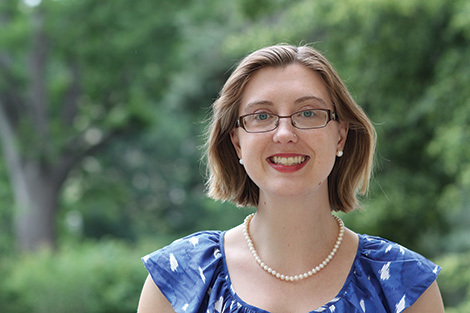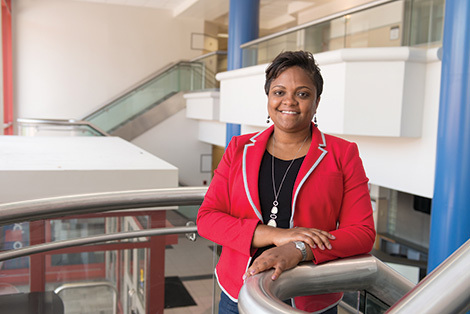 A public research university such as UMBC has to be many things at once – and touch as many lives in a productive way as it can.
A public research university such as UMBC has to be many things at once – and touch as many lives in a productive way as it can.
At the center of its mission is teaching. New generations of students – undergraduates and graduate students, from Maryland and from all over the world – are flocking to UMBC because of its lofty reputation for undergraduate teaching.
But a key part of that teaching experience is research. At UMBC, even undergraduates can become involved in the other key missions of the university – unlocking new knowledge in the social sciences and humanities, expanding the frontiers of science and technology, and furthering expression through the arts. And a growing number of graduate students are recognizing that the research being done at UMBC is a pathway to their own careers as teachers and investigators.
The work that students do with professors and other researchers at UMBC also has a huge impact on some of the most crucial issues of our time.
Two of the feature stories in this issue of UMBC Magazine demonstrate the sort of impact that research conducted at the university is having on global challenges confronting us.
In “Windfall Prophets,” acclaimed science writer Joel N. Shurkin dives deep into the research and policy implications of UMBC’s work on green energy that can be provided by wind power. Using a cutting edge technology called LIDAR (Light Detection and Ranging) that has already been at the forefront of efforts to track air quality, UMBC researchers are helping Maryland policymakers figure out where best to situate an offshore wind farm that may someday help power thousands of Maryland homes.
Another key challenge facing the global community is communication. And as English becomes more and more of a global lingua franca, teachers of English as a second language are increasingly finding themselves teaching much younger students whose parents and governments want them to learn the language at an earlier age. In “Expanding the Map,” David Glenn looks at the work of Joan Kang Shin ’08, Ph.D., language, literacy and culture, who is a professor of practice in the education department and the director of UMBC’s TESOL professional training programs.
Shin is an expert in teaching English to young learners, and has created far-flung networks (partly in collaboration with National Geographic) to help teachers of English around the world do an even better job at this crucial task.
I am also delighted that UMBC Magazine is featuring the work of Ben Marcin ’80, economics, in this issue. Marcin’s photography is not only beautiful and provocative, but it is also becoming a gateway into some of the thorniest discussion topics in contemporary American life – gentrification, homelessness and community – and reveal how we relate to each other and our surroundings.
— Richard Byrne ’86
Tags: Summer 2014




